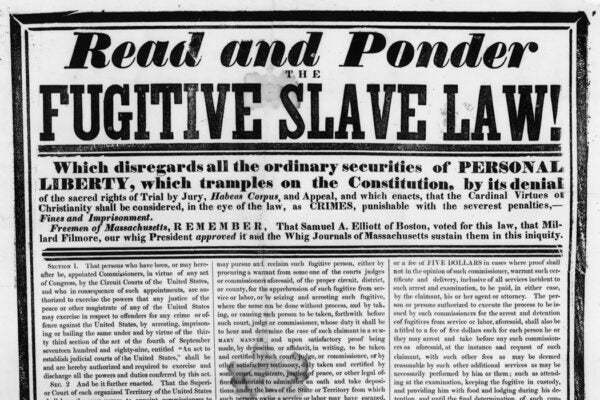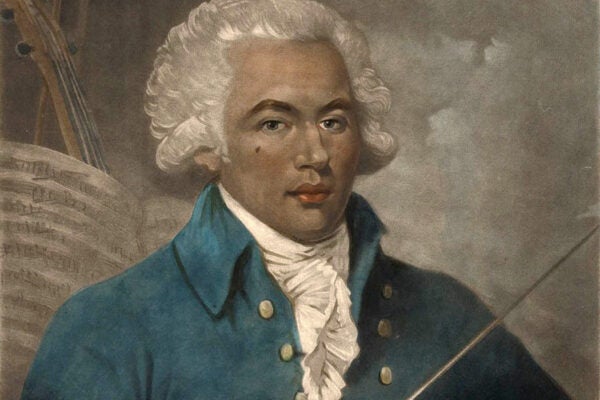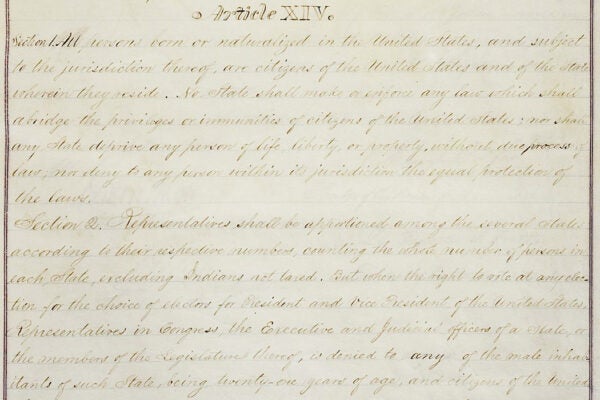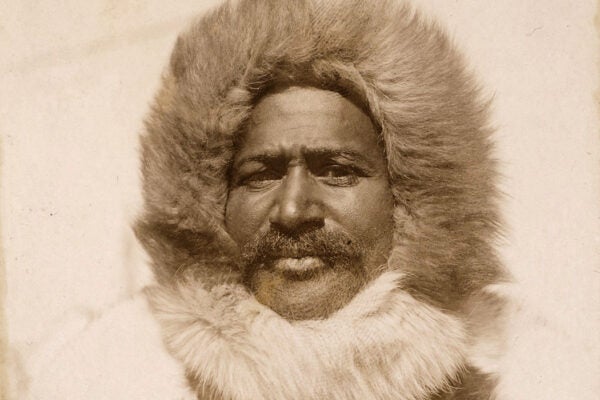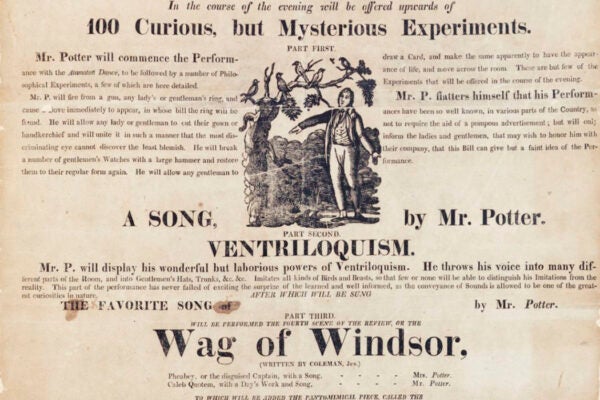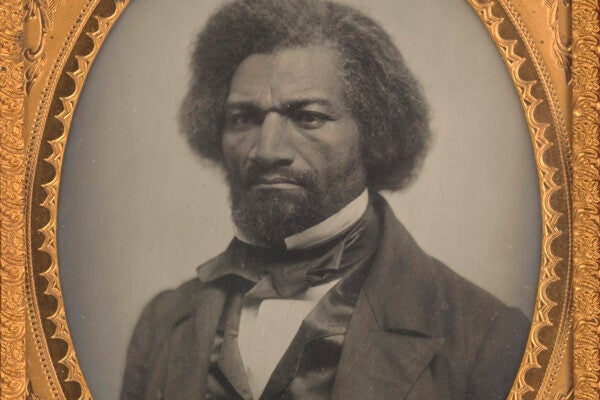The Fugitive Slave Act of 1850: Annotated
The Fugitive Slave Act erased the most basic of constitutional rights for enslaved people and incentivized US Commissioners to support kidnappers.
The Treaty of Paris 1783: Annotated
The Treaty of Paris marked the end of the Revolutionary War and the hostilities between Great Britain and the newly independent United States—at least temporarily.
Birthing the Jersey Devil
For centuries, a fork-tailed mythical creature that lurks in the pinelands of the Garden State has served as a reminder of the horrors that result when reproductive freedoms are destroyed.
Fencer, Violinist, Composer: The Life of Joseph Bologne
As a musician of color during the Ancien Régime and French Revolution, Joseph Bologne, Chevalier de Saint-Georges, lived a life unlike those of his peers.
The Fourteenth Amendment: Annotated
Adopted in 1868, the Fourteenth Amendment to the US Constitution addresses citizenship rights, due process, and equal protection under the law.
The First Black American to Reach the North Pole
Matthew Henson partnered with Robert Peary on seven Arctic adventures, but their final success brought an end to a longstanding collaboration.
America’s First Ventriloquist
Richard Potter, the first American-born ventriloquist and stage magician, learned his trade after being kidnapped and abandoned as a child in Great Britain.
“What to the Slave is The Fourth of July?”: Annotated
On July 5, 1852, Frederick Douglass gave a Fourth of July speech that became his most famous public oration.
Fairness on the Fairway: Public Golf Courses and Civil Rights
Organized movements to bring racial equality to the golf course have been part of the sport since the early 1900s.
How Black Radio Changed the Dial
Black-appeal stations were instrumental in propelling R&B into the mainstream while broadcasting news of the ever-growing civil rights movement.
